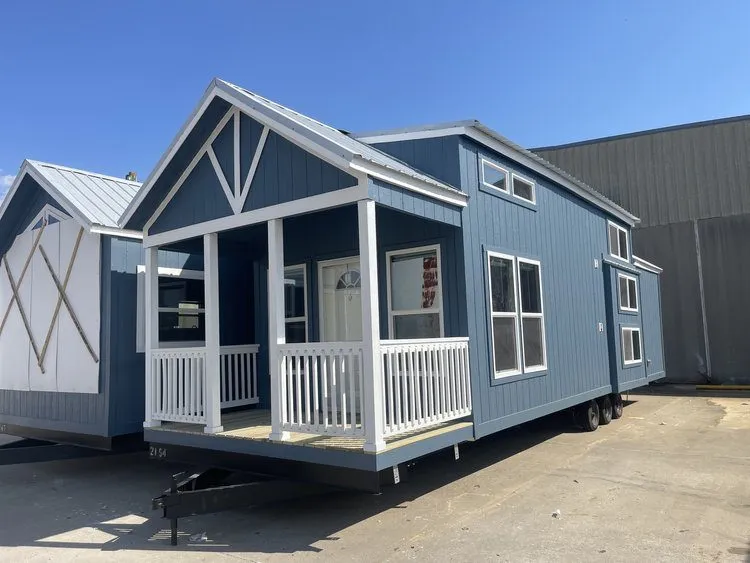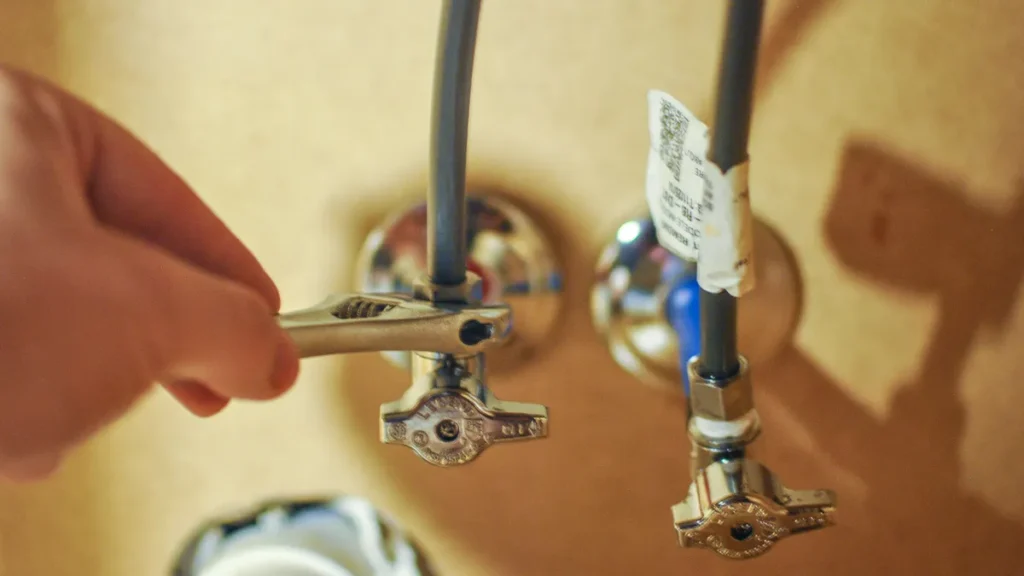Starting a home staging business could be your perfect career path. As a home stager, you’ll transform properties to appeal to potential buyers, helping sellers maximize their home’s value. This rewarding venture allows you to unleash your creativity while building a profitable business. But where do you begin? Launching a home staging company requires careful planning, industry knowledge, and entrepreneurial spirit. In this article, we’ll guide you through the essential steps to establish your home staging business, from developing your skills and services to marketing your expertise and growing your client base. Get ready to turn your design dreams into a thriving enterprise with Home Business Fig.
Understanding the Home Staging Business
Home staging is the art of preparing a property for sale by enhancing its appeal to potential buyers. As a home stager, you’ll transform lived-in spaces into showcases that highlight a property’s best features and create an emotional connection with buyers.
The Role of a Home Stager
Home stagers wear many hats, combining elements of interior design, real estate knowledge, and marketing expertise. Your responsibilities may include:
- Decluttering and depersonalizing spaces
- Rearranging furniture for optimal flow and aesthetics
- Adding or removing decor items to create a cohesive look
- Recommending minor repairs or updates to increase property value
Market Demand and Potential
The real estate industry increasingly recognizes the value of home staging. According to the National Association of Realtors, staged homes sell faster and for higher prices than non-staged properties. This growing demand presents a lucrative opportunity for aspiring home stagers to carve out a niche in the competitive real estate market.
Necessary Skills and Equipment for Home Staging
Design Expertise and Creativity
To excel in home staging, you’ll need a keen eye for design and the ability to envision spaces in their best light. Develop your skills in color theory, furniture arrangement, and accessorizing. Stay updated on current interior design trends to create appealing, modern spaces that resonate with potential buyers.
Essential Tools and Inventory
Invest in a diverse inventory of furniture, artwork, and accessories to suit various home styles. You’ll need basic tools like a tape measure, level, and drill for installations. Consider purchasing a quality camera to showcase your work and create a portfolio. Additionally, reliable transportation is crucial for moving items between staging locations.
Business Acumen and Communication Skills
Running a successful home staging business requires more than just design talent. Develop your business skills, including marketing, networking, and financial management. Excellent communication skills are vital for interacting with clients, real estate agents, and contractors. Cultivate the ability to explain your vision clearly and persuade clients of the value of your services.
Developing a Successful Home Staging Business Strategy
Define Your Niche and Target Market
To build a thriving home staging business, start by identifying your unique selling proposition. Determine whether you’ll focus on luxury properties, budget-friendly solutions, or a specific style like minimalist or modern farmhouse. Research your local real estate market to understand the demand for staging services and pinpoint your ideal client base.
Create a Comprehensive Business Plan
Outline your business structure, financial projections, and marketing strategies. Include startup costs, pricing models, and revenue goals. Consider factors like equipment investment, storage facilities, and potential partnerships with real estate agents or interior designers. A well-crafted business plan will serve as your roadmap to success and help secure funding if needed.
Build a Strong Online Presence
In today’s digital age, a professional website and active social media accounts are essential. Showcase your portfolio, client testimonials, and before-and-after transformations to demonstrate your expertise. Utilize search engine optimization (SEO) techniques to improve your visibility in local search results and attract potential clients actively seeking staging services.
Conclusion
In conclusion, starting a home staging business can be a rewarding venture for those with an eye for design and a passion for real estate. By following the steps outlined in this article, you can lay a solid foundation for your new enterprise. Remember to continuously educate yourself, network with industry professionals, and stay current with design trends. As you gain experience and build your portfolio, your reputation will grow, leading to more opportunities and success. With dedication, creativity, and business acumen, you can turn your home staging passion into a thriving career. Take the first step today and begin your journey toward becoming a professional home stager.










